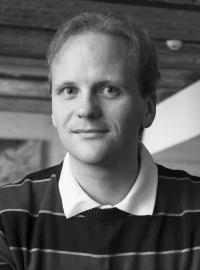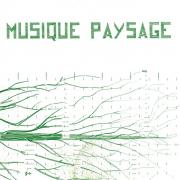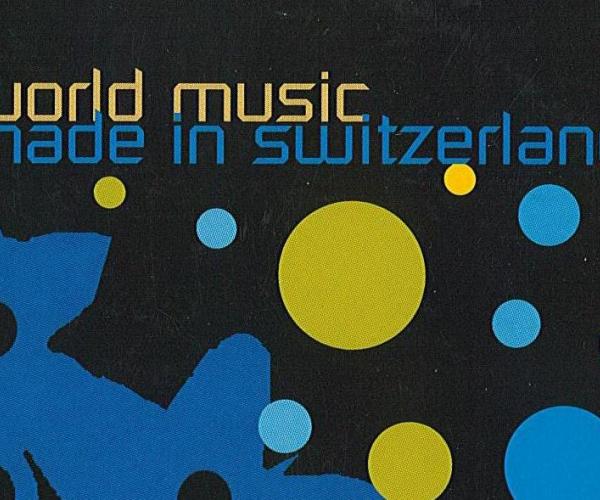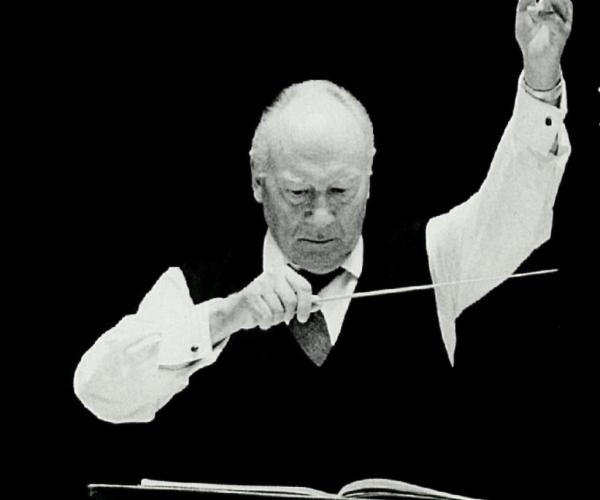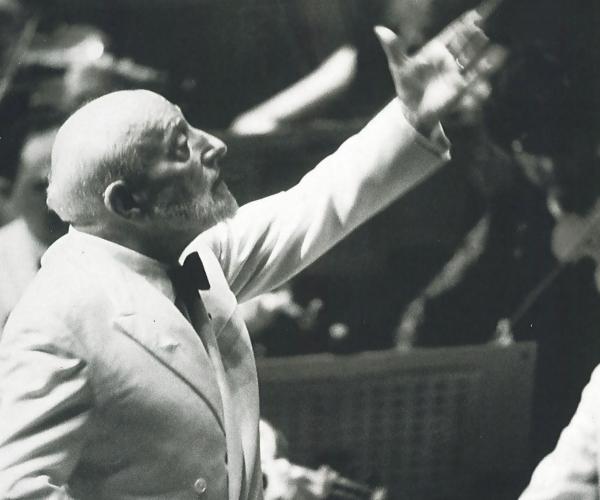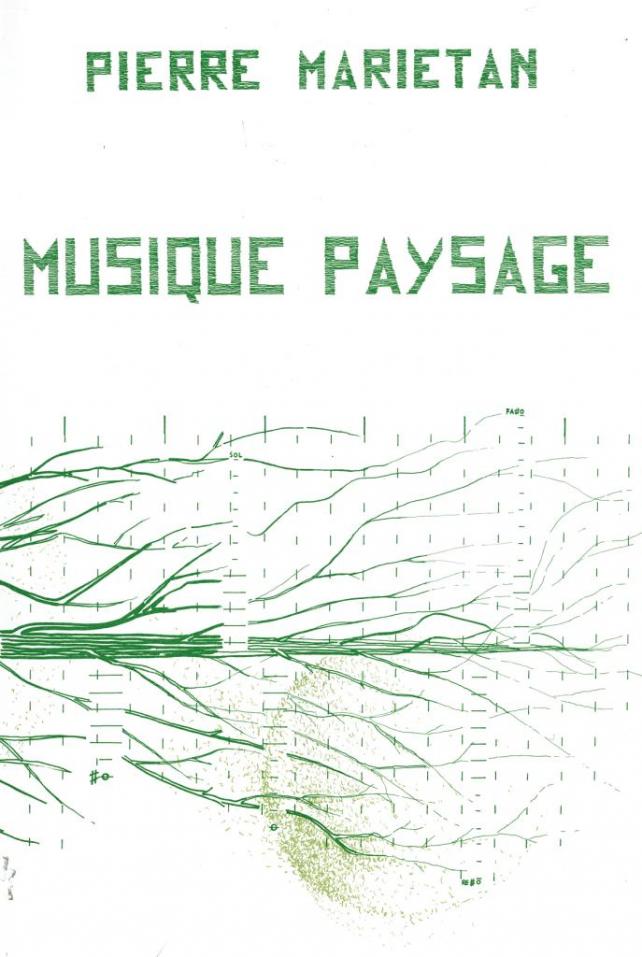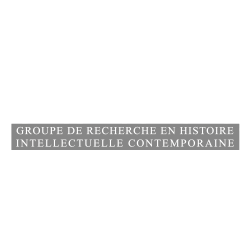“Espaces”: room for experimentation
Musical innovation and experimentation played no role in Pro Helvetia’s policy until the mid-1970s. Before, the main aim of projects subsidised by the Foundation was to introduce the most important works by the best Swiss composers to audiences abroad. Policy change began when the Foundation started actively encouraging creativity and contemporary art.
The series of events newly created in Paris 1976, under the title Espaces offered the appropriate framework to explore new forms of expression in music. Designed as a showcase for contemporary artistic creativity, Espaces encouraged musical innovation and abandoned the more traditional forms of promoting Swiss culture abroad.
In 1976, the composer Jacques Guyonnet, founder of the Studio de musique contemporaine in Geneva and President of the International Society of Contemporary Music from 1976 to 1981, was amongst the invited artists. In Paris, he presented his work Immémoriales and an audiovisual project called Vidéocosme, created after collaboration with Geneviève Calame.In 1977, the Espaces programme included a public workshop for brass instruments and percussion.
Espaces also saw the first performance of Lieu-dit: Derborence by composer Pierre Mariétan, born in Monthey in 1935. Mariétan composed many instrumental works and was a pioneer in enhancing the value of everyday sounds. In 1966, he was among the founders of the “Groupe d’études et de realisations musicales” in Paris. In the spirit of May 1968, the group developed a musical performance programme based on and emphasising each musician’s individual motif.
Lieu-dit: Derborence was a work combining the reading of Ramuz’s entire novel accompanied by musicians spontaneously reacting to the acoustic information contained in the text. The sounds of the mountains, of nature and country life were transformed into music while a background projection of landscapes of the Canton of Valais completed the acoustic dramaturgy.
In Paris, the piece was performed from the 22nd to the 25th of February 1979 at the Concerts Manifestes, for an audience including a considerable number of students and professional musicians. In its review, Le Monde echoed the special atmosphere of the performance: We listen to the text as if at a vigil in the mountains: at times there are sounds of nature, gentle or distant, from a recording; some instruments […] creating an abstract soundtrack, monotonously interrupting the silence or playing improvisations of short phrases of harmonic or melodic rhythmic patterns blending into each other while changing imperceptibly – somewhat in the manner of “minimal music” but without ever saturating the acoustic space.
In 1992, Pierre Mariétan again participated in a musical venture representing Swiss culture abroad. In the Swiss Pavilion at the World Fair of Seville, he set up the sound art installation Paysmusique, based on 96 voices recorded in Switzerland’s four national languages. Treated like unique and authentic instruments, the voices formed an orchestra and created music of idioms. According to the composer, not everyone was given a voice – but the immigrants’ silent dances also belonged with Paysmusique. (tk)
Bibliography
Mariétan, Pierre : Dit chemin faisant : conversations, fragments-sources, géophonies, Paris, Klincksieck 2008
Mariétan, Pierre : « Lieu-dit : Derborence », in : Le Trou. Revue d’art, 1997, pp. 111-125

